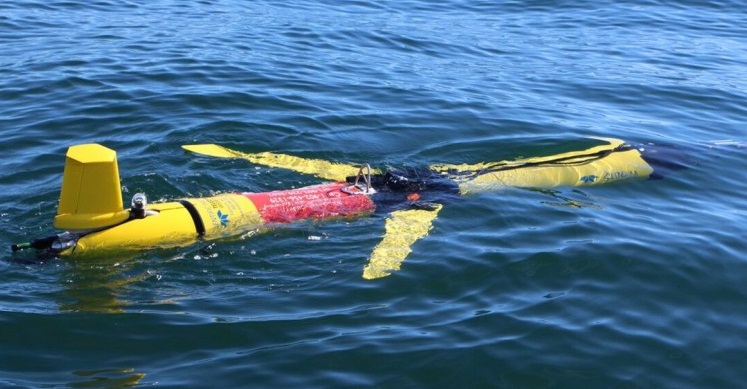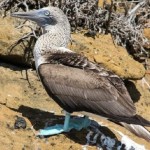VICTORIA – Researchers from the University of Victoria have perfected deep sea glider with acoustic sensors, and it has been patrolling the deep-sea canyons off the west coast of Vancouver Island in a bid to prevent large ocean-going ships from accidently crashing into whales.
The glider project is a partnership between Dalhousie University in Halifax, which has been using it since 2014 to research about the migratory paths and habitats of highly endangered Atlantic Right Whales.
The glider has been launched from Flores Island just north of Tofino. The sensors aboard the glider will measure and record whale traffic in the close vicinity of shipping zones.
These will be used by vessels which ply in and out of Vancouver, Prince Rupert, Alaska and Washington areas.
The undersea glider is equipped with acoustic sensors and can sniff out whales from deep sea canyons and will eventually set up a sort of traffic light which will prevent potential collision between ships and whales.
David Duffus, Geographer and Director of the University of Victoria whale research lab said the glider will collect data and has enough battery power to last three weeks in the ocean. One of the biggest benefits according to Duffus is that the glider can work in real time or almost real time.
The glider periodically rises and signals to a satellite. Ships can pick up these signals from an automatic identification system which can identify whale location and avoid collisions.
The glider presently patrols a section which is 70 KM north of Tofino and continues to the continental shelf and continues the shelf’s southern water before returning northwards through an area near Ucluelet called La Perouse Bank in Barkley Sound.
Both the areas have been chosen because they are a major habitat for not only the grey and humpback whales but endangered blue fin and sei.
Two greatly endangered Pacific right whales have also been reported in the waters, the first such sightings in more than 60 years.








